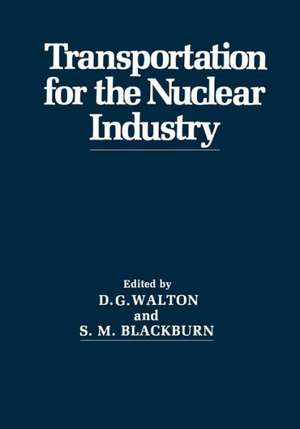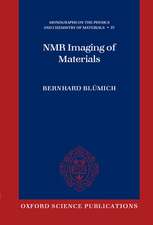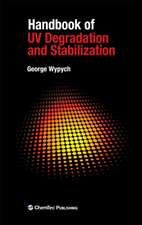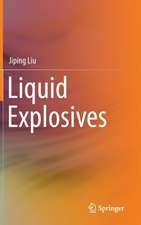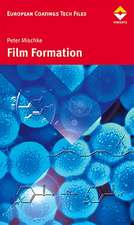Transportation for the Nuclear Industry
Autor D.G. Walton, S.M. Blackburnen Limba Engleză Paperback – 14 iun 2012
Preț: 652.17 lei
Preț vechi: 767.26 lei
-15% Nou
Puncte Express: 978
Preț estimativ în valută:
124.79€ • 130.64$ • 103.26£
124.79€ • 130.64$ • 103.26£
Carte tipărită la comandă
Livrare economică 07-21 aprilie
Preluare comenzi: 021 569.72.76
Specificații
ISBN-13: 9781475700480
ISBN-10: 1475700482
Pagini: 432
Ilustrații: XI, 416 p.
Dimensiuni: 178 x 254 x 23 mm
Greutate: 0.74 kg
Ediția:1989
Editura: Springer Us
Colecția Springer
Locul publicării:New York, NY, United States
ISBN-10: 1475700482
Pagini: 432
Ilustrații: XI, 416 p.
Dimensiuni: 178 x 254 x 23 mm
Greutate: 0.74 kg
Ediția:1989
Editura: Springer Us
Colecția Springer
Locul publicării:New York, NY, United States
Public țintă
ResearchCuprins
Session 1: Cask Design Analysis and Testing.- Road Cask for the Transportation of CANDU Irradiated Fuel.- The Design of Transport Containers for Radioactive Waste Materials.- Flasks for Transporting Irradiated Nuclear Fuel.- Further Developments in High-Level Waste Transport Technology.- Discussion Following Session 1: Papers 1–4.- Experiments Conducted in Support of Transport Flask Heat Transfer Assessments.- The Development Status of CASTOR Ductile Cast Iron Transport, Storage and Final Disposal Casks in the Federal Republic of Germany.- The Impact of Waste Gas Generation on the Design of a Sealed Packaging for Transuranic Waste Transport.- The Development and Testing of a Container for the Transport of Decommissioning Wastes.- Discussion Following Session 1: Papers 5–8.- Session 2: Packaging Systems and Strategies.- Design of Ships for the Transport of Spent Nuclear Fuels.- Cement Solidification Using Large Containers: The Prediction of Product Quality.- 20? Container System for Shipment of Spent MTR-Fuel Assemblies.- Packaging and Loading Strategies for the Transport of Drumable Low Level Wastes.- Discussion Following Session 2: Papers 1–4.- Large Transport and Disposal Packages for Nuclear Power Station Decommissioning Waste.- A Transport Packaging for the Carriage of Radioactive Ion-Exchange Resin.- Programme to Develop a Large Transport Container for Transportation of Large Pieces of Contaminated Equipment and of Medium Level Waste.- Discussion Following Session 2: Papers 5–7.- Session 3: Transport Safety Applications.- The Role of Winfrith in Radioactive Materials Transport Technology.- Satellite Tracking of Radioactive Shipments — High Technology Solution to Tough Institutional Problems.- Quality Assurance in Spent Fuel Transports.- Technique ofStowing Packages Containing Radioactive Materials During Maritime Transportation.- Discussion following Session 3: Papers 1–4.- Database Recording of Reactor and Fuel Element Information for Packaging and Transport.- Radioactive Material Transportation Impediments.- Application of Risk Assessment Methods to the Transport by Rail of Radioactive Materials on the Sellafield Site.- Safe Transport of Radioactive Materials A Training Experience.- Discussion following Session 3: Papers 5–8.- Session 4: Operations.- Transport Studies for Candidate Near-Surface Repository Sites.- Experience in the Transport of Spent Nuclear Fuel.- Transport of Spent Fuel from Garigliano Power Station to an AFR Repository.- Transportation of Nuclear Materials in the Federal Republic of Germany.- Discussion following Session 4: Papers 1–4.- Operating Experience in Nuclear Transport for the Front End of the Fuel Cycle.- Sea Transportation of Heavy Plant for the Power Generation Industry.- Rail Transport of Very Large Nuclear Components.- A Review of Rail Transport for the Nuclear Industry.- Discussion following Session 4: Papers 5–8.- Delegates.
